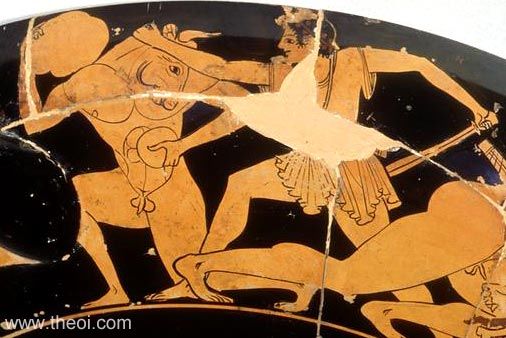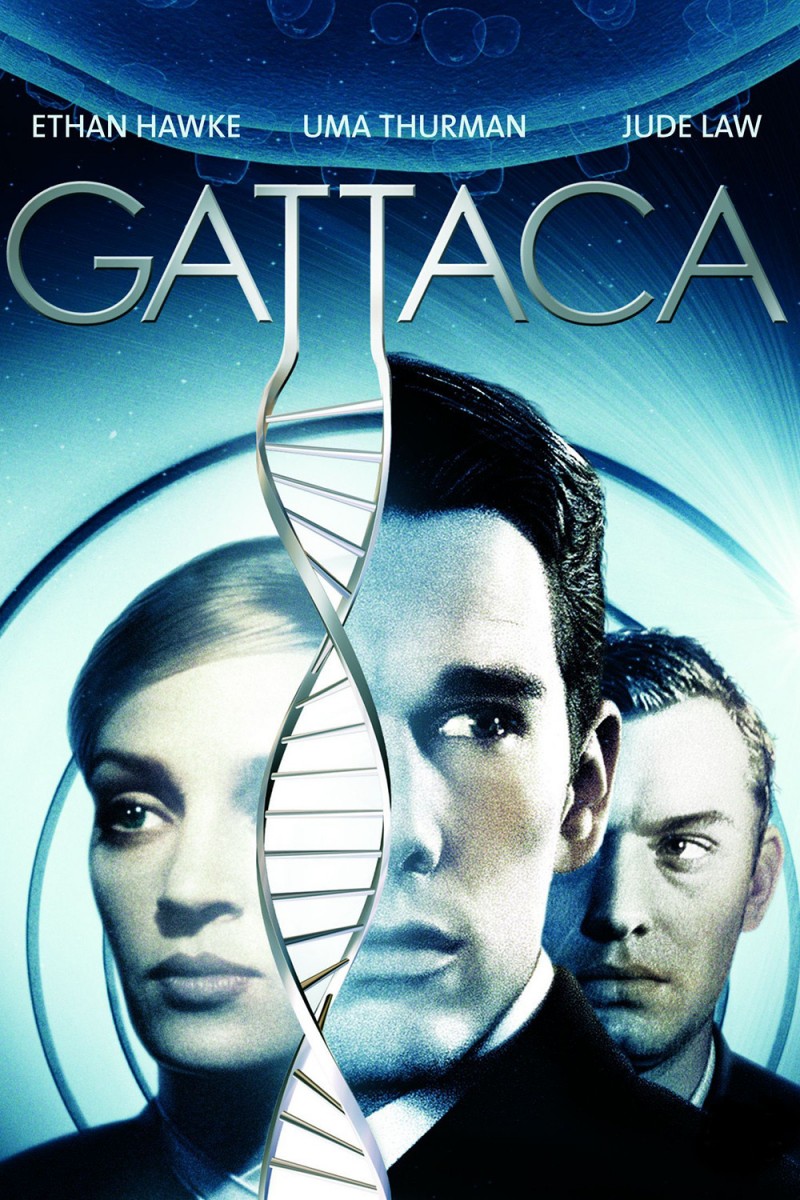I am inclined to believe that this claim about our memories not being truthful was completely supported by his later claim. We do make up stories and change our belief about the truth we remember. It changes with how our perceptions bend the truth or how other people tell us it happens. When people relate their own truths to us, it can change how we remember certain events ourselves. It is yet more evidence and examples that our memories cannot be relied on for the 100% honest-to-goodness truth.
Jeffreys, Mark. "Dr. Daedalus And His Minotaur: Mythic Warnings About Genetic Engineering From J.B.S. Haldane, François Jacob, And Andrew Niccol's Gattaca." Journal Of Medical Humanities 22.2 (2001): 137-152. Psychology and Behavioral Sciences Collection. Web. 3 Nov. 2013. This source is one that demonstrates the connection between the film industry and our understanding of biology (more specifically for this case, genetics and bioethics). It is an intriguing article that also pulls quite a bit from the stories of old myths (from Greece).

Safran, Stephen P. "Movie images of disability and war: Framing history and political ideology." Remedial and Special Education. 22.4 (2001): 223. Web. 1 Nov. 2013. This article talks about genetics (disabilities) as the human weakness and how there are many instances when people believed that people with disabilities should be "taken out of the gene pool". It also uses several Hollywood films to back up this claim.

I think you're exactly right on the ability to create a completely truthful memoir. I am curious what the other movies that support the idea of weaknesses being taken out of the gene pool. I think Gattaca came out in 1998. I only saw it once when it first came out and didn't think it was an exceptional movie, but I find myself thinking about it quite often so it must have had some impact on me.
ReplyDeleteJillian- you are right, i said the opposite- I think memoirs can be truthful to the author- however, I can see both sides. I dont think truth is always necessarily objective, how can it be? I mean if you have a group of people all look at the same picture, or witness the same scenario, each recount will differ depending on the witness' mood, beliefs, upbringing, etc. Second thing- is your first source, "Dr. Daedalus And His Minotaur: Mythic Warnings About Genetic Engineering From J.B.S. Haldane, François Jacob, And Andrew Niccol's Gattaca." written by our professor Jeffreys??? If so, kudos on finding this little gem :) - if not, honest mistake!
ReplyDeleteyes, it is by our prof. Jeffreys! :) and I wish I could take credit for it but he suggested a certain search term last week and his was one of the top sources that came up.
DeleteI do think every autobiography or memoir should be taken with a grain of salt as well, even if we see different views about the same memory, it is ultimately up to us to come up with what we want to include in our stories too. Also, I saw that too, did you find our Professor's article by accident? That's awesome!
ReplyDeleteeven with what vika said if we all have the same memory in a autobiography it should be taken with a grain of salt. our storys are ours they can never be anyone eles.
ReplyDelete